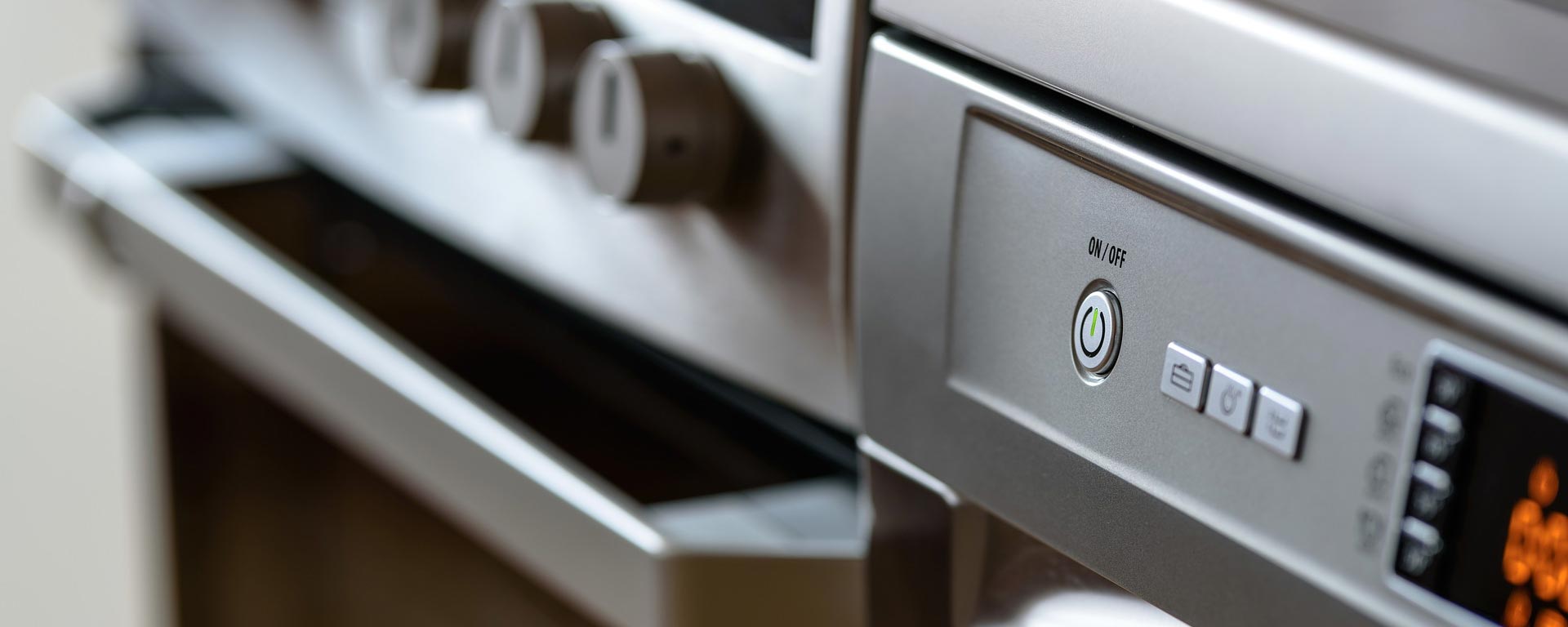As the world becomes more environmentally aware, people have been increasing their efforts to protect the environment – starting at home. If you’ve been doing your bit to recycle your cans and plastics, cycling to work and making more of an effort to reuse your shopping bags, you’re already doing well, but what more can be done?
A lot of advice for making your home more eco-friendly is centred around purchasing new, more environmentally friendly appliances. Not everyone can afford to replace all of their appliances at once however, and there are easier ways to save the planet that don’t involve spending anything. This handy guide will help you to make your home more environmentally friendly with just a few simple tips…
1. Check your dryer filter
Although tumble dryers can be extremely convenient when you need your clothes dry in a hurry, they can also waste a lot of energy. The filters are meant to be cleaned after every use, but everyone has forgotten once or twice… Clear out any lint that has gathered in the filter, then pour a little water on the filter screen to see if the water passes through. If it doesn’t and pools on top of the filter, your filter needs a thorough cleaning. Give it a good scrubbing in soapy, warm water, then rinse it off and try pouring a little water through again. If it still pools a little, repeat your soap-water attack on the filter!
2. Turning down the thermostat
You should ideally replace your boiler every 15 years, but if you have an older boiler, there are still ways to make it more efficient. Simply turn the thermostat down a few degrees and turn it off at night. You’ll sleep better if your body can cool down anyway, and a few degrees less during the day won’t make you uncomfortable. Consider popping another layer on next time you reach to turn up the thermostat, as usually, this is enough to warm you up!
3. Dishwasher drying
To save as much energy as possible when using the dishwasher, you should wait until it is completely full before you turn it on. Also, be sure to have your full load placed efficiently in the dishwasher to fit in as much as possible without compromising on cleaning. If your model has a drying cycle, it’s a good idea to turn this off and let your dishes dry naturally. You can open the door at the end and leave them overnight to dry off.
4. Clean your fridge coils
Fridges tend to last a long time – around 10 to 20 years. But if your fridge is coming up for replacement, an eco-friendly model is definitely the way to go. But let’s focus on your current fridge. When was the last time you cleaned the coils? According to Architectural Digest, cleaning the coils of your fridge can encourage better energy use. Your fridge’s coils are usually located on the bottom, the top, or the back of your appliance. Turn your fridge off before you start, and remove the base grill if the coils are on the top or bottom, or pull your fridge carefully out so you can see the coils at the back.
To make sure you can reach all of the dirt at the back of your fridge coils, it’s a good idea to get yourself a refrigerator coil brush. Take the opportunity to sweep the floor too! Then, pop everything back in place. Be sure to wear gloves, and be careful when moving your fridge — if it’s too heavy, ask for help moving it.
5. Air con maintenance
It’s just as much of an inconvenience to have a house that’s too warm than one that’s too cold. If you are lucky enough to have an air conditioning unit in your home, it needs a little TLC every now and again to keep it working effectively and prevent any overuse of energy. Greener Ideal recommends getting a professional out to inspect your air-conditioning unit to make sure it is still running efficiently and effectively. If your system is making any strange noises, best to give a professional a call.
6. Colder cleaning
Starting off with the easiest tip, you can save energy simply by turning down your wash by 10 degrees.
Opt to wash your clothes on a cold wash setting for the following benefits beyond saving the planet:
- Protect colour vibrancy
- Protect elastics
- Better stain removal (warm water actually keeps the stain in !)
- Money saving
7. Switch off the standby
Our next point is something that we all do – leaving our devices on standby overnight. Charging our phones overnight when they really don’t need that long. Games consoles left to hum away in the dark. If you’re looking to lower your bills and your carbon footprint, switch them off completely before you go to bed.
According to The Energy Saving Trust, we waste around £30 each year just from leaving our appliances on overnight. Spending £30 for something you’re not using isn’t good, and worse, it’s not good for the environment. So, be sure to check your switches and make sure that all of your devices are properly turned off before going to bed.
There are so many ways to make your household appliances more eco-friendly without spending a thing! You don’t actually have to spend anything at all to start running a more eco-friendly home. Take these tips on board and your home and workspace can be its greenest. When the time does come to replace your older appliances, be sure to keep in mind whether or not it is energy efficient.

